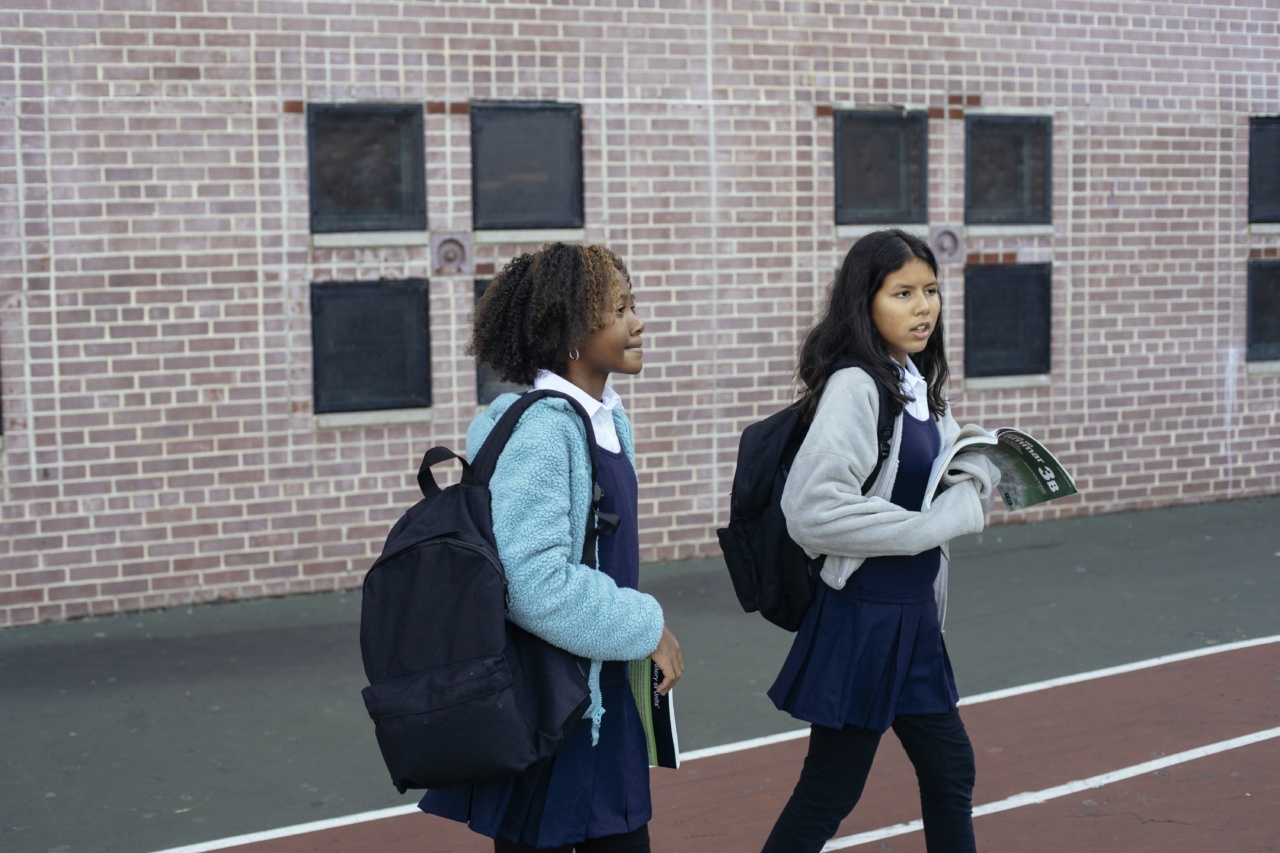Words are powerful. They have the ability to build up or tear down, to encourage or discourage, to love or hate. Unfortunately, many adults don’t realize just how damaging their words can be to a child.
Verbal violence, whether intentional or not, can have long-lasting impacts on a child’s emotional and mental well-being. It’s essential to pay attention to what we say to our children. Here are a few reasons why.
It Causes Low Self-Esteem
Children are highly impressionable and believe what they hear. When parents constantly belittle or criticize their children, they start to see themselves as unworthy.
Words like “you’re not good enough” or “you’ll never amount to anything” can be devastating to a child’s self-esteem. They may start to believe these falsehoods and carry them into adulthood.
It Leads to Anxiety and Depression
Children who experience verbal violence are more likely to suffer from anxiety and depression. They may feel like they can never do anything right or feel like they’re always walking on eggshells around their parents.
Over time, this can take a toll on their mental health, leading to feelings of sadness, hopelessness, and worthlessness.
It Can Affect Their Relationship Skills
Verbal violence can also impact a child’s ability to form healthy relationships. If they grow up witnessing or experiencing verbal abuse, they may believe it’s normal behavior.
This can lead to them accepting or even perpetuating similar behavior in their own relationships. They may struggle to communicate effectively or set boundaries, leading to difficulties in forming strong, healthy relationships.
It Hinders Cognitive Development
Studies have shown that verbal abuse can negatively impact a child’s cognitive development. When children are constantly criticized or put down, they may struggle to concentrate and retain information.
They may also have difficulty in school or social situations due to the emotional stress caused by verbal violence.
It Causes Behavioral Issues
Children who are subjected to verbal violence may start to act out. They may become angry, aggressive, or passive-aggressive in their behavior. They may also become withdrawn or exhibit signs of depression.
It’s essential to recognize the signs of behavioral issues and address them proactively before they lead to more significant problems.
It Can Affect Physical Health
Verbal violence doesn’t just impact a child’s emotional and mental health, but it can also affect their physical health. Stress caused by verbal abuse can lead to headaches, stomach aches, and other physical ailments.
Over time, these physical symptoms can become chronic issues if not addressed.
It Can Lead to Trauma
Verbal violence can be traumatic for a child, especially if it’s ongoing. Trauma can have a lasting impact on a child’s psyche, leading to issues such as PTSD, anxiety, and depression.
It’s essential to seek help if you suspect your child has experienced trauma due to verbal abuse.
It’s Important to Watch What You Say
It’s vital to watch what you say to your child and how you say it. Avoid negative language, criticism, or belittling. Instead, opt for positive reinforcement and encouragement. Praise your child for their efforts, even if they don’t always get it right.
Teach them how to communicate effectively and respectfully, and set an example by doing the same. Remember, your words have the power to shape your child’s world.
Take Action When Necessary
If you suspect your child is experiencing verbal violence at school or home, it’s essential to take action. Talk to your child’s teacher or daycare provider if it’s happening at school. Seek therapy or counseling for your child if necessary.
If you’re the perpetrator of verbal violence, seek help for yourself to break the cycle. It’s never too late to make positive changes for your child’s well-being.






























